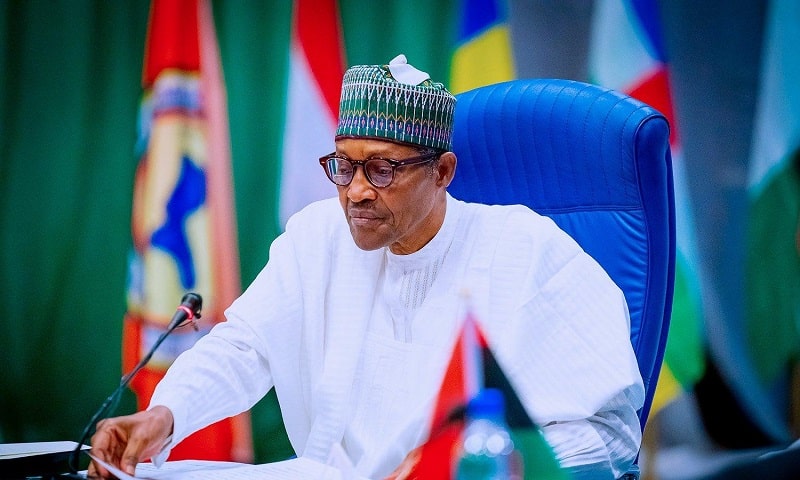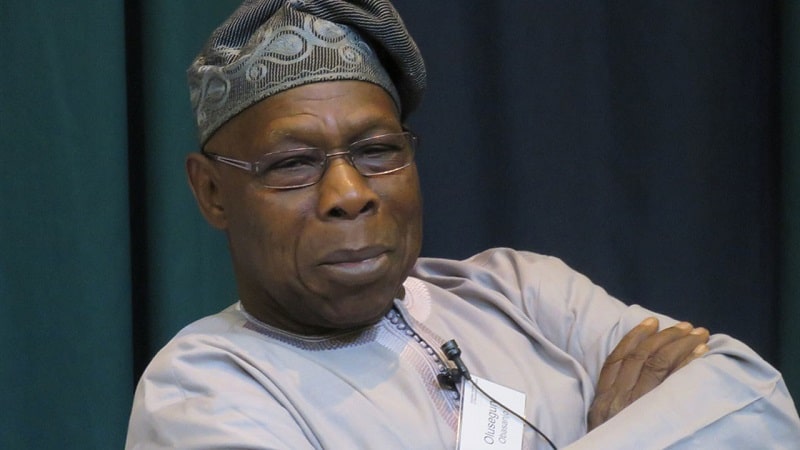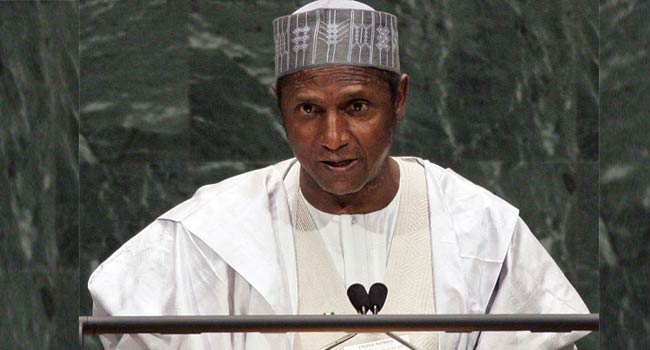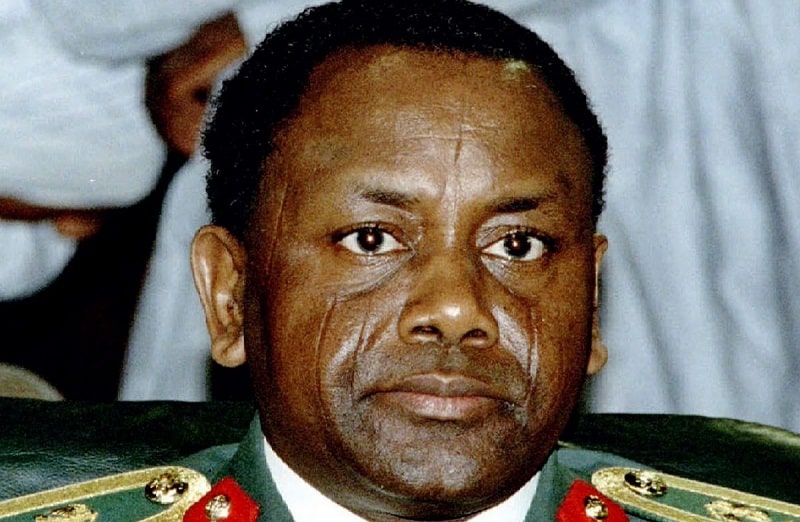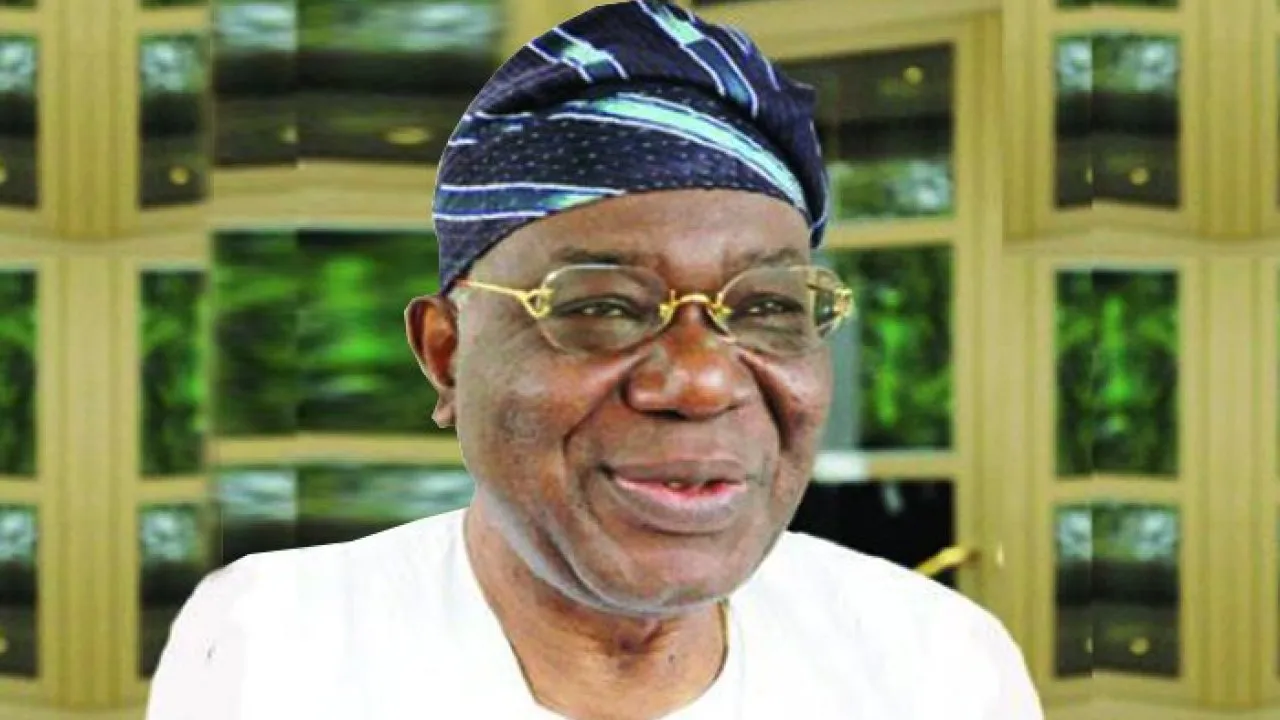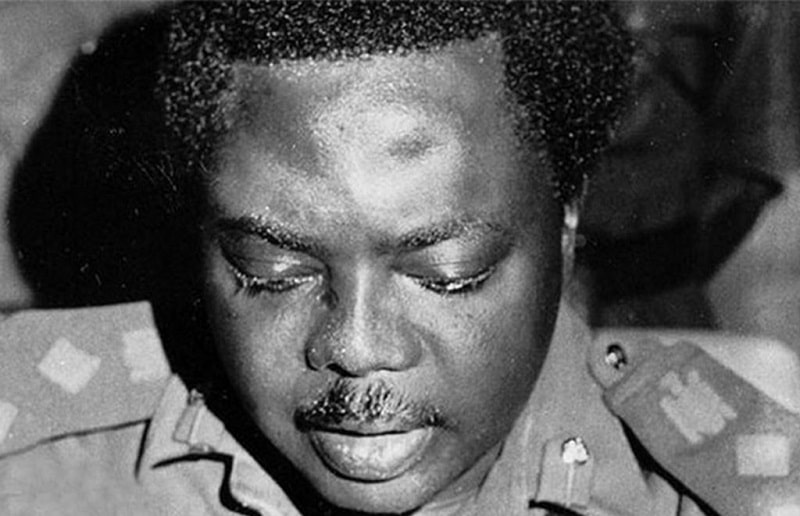
General Murtala Mohammed was a Nigerian military officer who served as the Head of State of Nigeria from July 1975 to February 1976.
| List | Information |
|---|---|
| Name | Murtala Rufai Ramat Mohammed |
| Date of Birth | November 8, 1938 |
| Age | 37 years at the time of death |
| Died | February 13, 1976 (Assasinated) |
| Ancestral Home/Born | Kano, Kano State, Nigeria |
| Native Language | Hausa |
| School Attended | Barewa College Zaria, Royal Military Academy Sandhurst |
| Career & Occupation | Military Officer, Politician |
| Military Rank | General |
| Height | N/A |
| Known As | N/A |
| Citizenship | Nigerian |
| Residence | Lagos, Nigeria (At the time of Assassination) |
| Religion | Islam |
| Wife’s Name | Mrs. Ajoke Muhammed |
| Children’s Name | Aisha Muhammed-Oyebode, Abba Risqua Mohammed |
| Assumed Presidential Office | July 29, 1975 |
| Left Presidential Office | February 13, 1976 |
| Political Party | Non-partisan (Military Government) |
Murtala Muhammed’s Early Life and Military Career
Murtala Mohammed was born on November 8, 1938, in Kano, Nigeria. He attended primary and secondary schools in Kano and Kaduna and later joined the Nigerian Army in 1958. He received his military training in the United Kingdom and was commissioned as a Second Lieutenant in 1961.
He served in various military capacities, including as a platoon commander, company commander, and battalion commander. He also served in the Congo Crisis in the early 1960s and in the Nigerian Civil War in the late 1960s.
Rise to Power of Murtala Mohammed
On July 29, 1975, Murtala Mohammed led a bloodless coup that overthrew General Yakubu Gowon, who had been in power for nine years. He eventually became the new Head of State and formed a government that was committed to reforming Nigeria’s political and economic systems.
Challenges in Office
Murtala Mohammed’s government faced significant challenges during its brief time in office. The country was still reeling from the effects of the Nigerian Civil War, and there were deep divisions between the various ethnic groups in the country.
His government implemented several bold initiatives to address these challenges, including the creation of 19 new states, which were designed to reflect the country’s ethnic and regional diversity. The government also launched a campaign to root out corruption and abuse of power, and several high-ranking officials were dismissed or prosecuted for corruption.
Murtala Muhammed’s Legacy
Mohammed’s tenure in office was short, but his impact on Nigerian politics and society was significant. He is remembered for his commitment to reforming Nigeria’s political and economic systems, his efforts to promote national unity and social justice, and his bold initiatives to address corruption and abuse of power.
Murtala Muhammed also played a key role in Nigeria’s foreign policy, championing the cause of African unity and cooperation. He was instrumental in the formation of the Economic Community of West African States (ECOWAS) and worked to promote peace and stability in the region.
Tragically, Mohammed’s time in office was cut short when he was assassinated in a failed coup attempt led by Lt. Col. Buka Suka Dimka on February 13, 1976.
Additional Facts
- He led the coup on July 29, 1975, that overthrew General Yakubu Gowon, making him the Head of State.
- Muhammed initiated the plan to move Nigeria’s capital from Lagos to Abuja to promote national unity and better geographical representation.
- He nationalized some foreign-owned enterprises and increased government control over the oil industry.
- He improved communication infrastructure, including expanding radio and television networks.
- Major urban renewal projects were initiated under his leadership, particularly in Lagos.
- Murtala Muhammed was buried at the military cemetery in Abuja, the city he had chosen to be Nigeria’s new capital.
- He has been posthumously honored with various memorials, including the Murtala Muhammed International Airport in Lagos.
General Murtala Muhammed FAQs
Related: Alhaji Shehu Shagari (Former President – (1979-1983)
